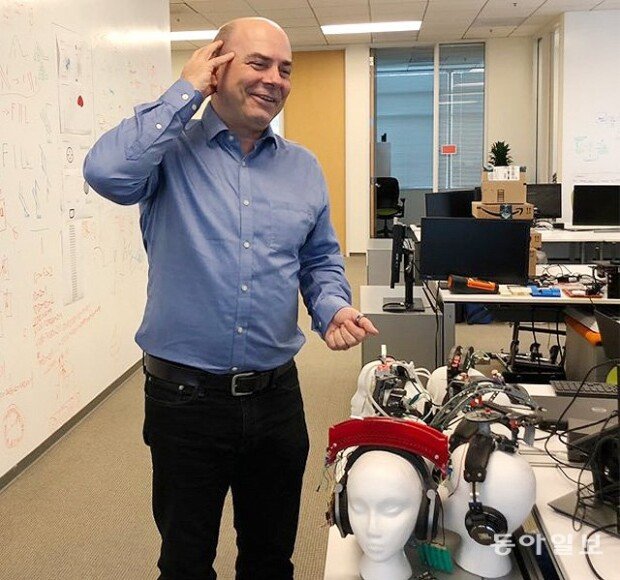Harman thrives under Samsung’s governance
Harman thrives under Samsung’s governance
Posted January. 07, 2020 07:52,
Updated January. 07, 2020 07:52

“Except the company is now owned by Samsung on paper, our ways of working have barely changed.” This is what Stefan Marti, vice president of Future Experience & AI at Harman, said during our interview at Mountain View Silicon Valley Center in 2016 when Samsung Electronics made a surprise acquisition of Harman. His remarks suggested that the South Korean company respects Harman’s creativity and autonomy even after it became part of the giant global group.
“It was an eight-billion dollar-investment, but Samsung never forced Harman to follow its way. This shows Samsung is grasping the essence of innovation,” said Stefan. “I believe that the independence of Harman is igniting technological innovations.”
The Harman acquisition is the first project undertaken by Samsung Electronics Vice Chairman Lee Jae-yong after he was appointed as a member of board of directors in 2016. Based on the success of the acquisition, Lee proclaimed the four major future businesses for Samsung in August last year: artificial intelligence, 5G mobile communication, bio-industry, and semiconductor-based auto parts.
When it was acquired by Samsung, Harman’s operating profit rate stood at 0.47 percent in the second quarter of 2017, but it jumped to 3.8 percent in the third quarter of last year. Operating profits have soared a whopping 10 times to around 100 billion won.
Evidenced by JBL and AKG tuning, Harman’s technology, which was one of the best in the world, is evolving even more in combination with Samsung’s electric devices. Posting a 35.7 percent market share last year, Harman’s dominance of wireless speaker market is unchallenged for the fourth consecutive year (based on quantities). The company is also showing a growth spurt in auto parts and connected car sectors, a field emerging a new future industry.
Keun-Hyung Yoo noel@donga.com
Headline News
- Med professors announce intention to leave hospitals starting Thursday
- Bridge honoring Sgt. Moon Jae-sik unveiled in Pennsylvania
- Chief of Staff Chung tells presidential secretaries to stay away from politics
- US FTC bans noncompete agreements
- N. Korea launches cyberattacks on S. Korea's defense companies







